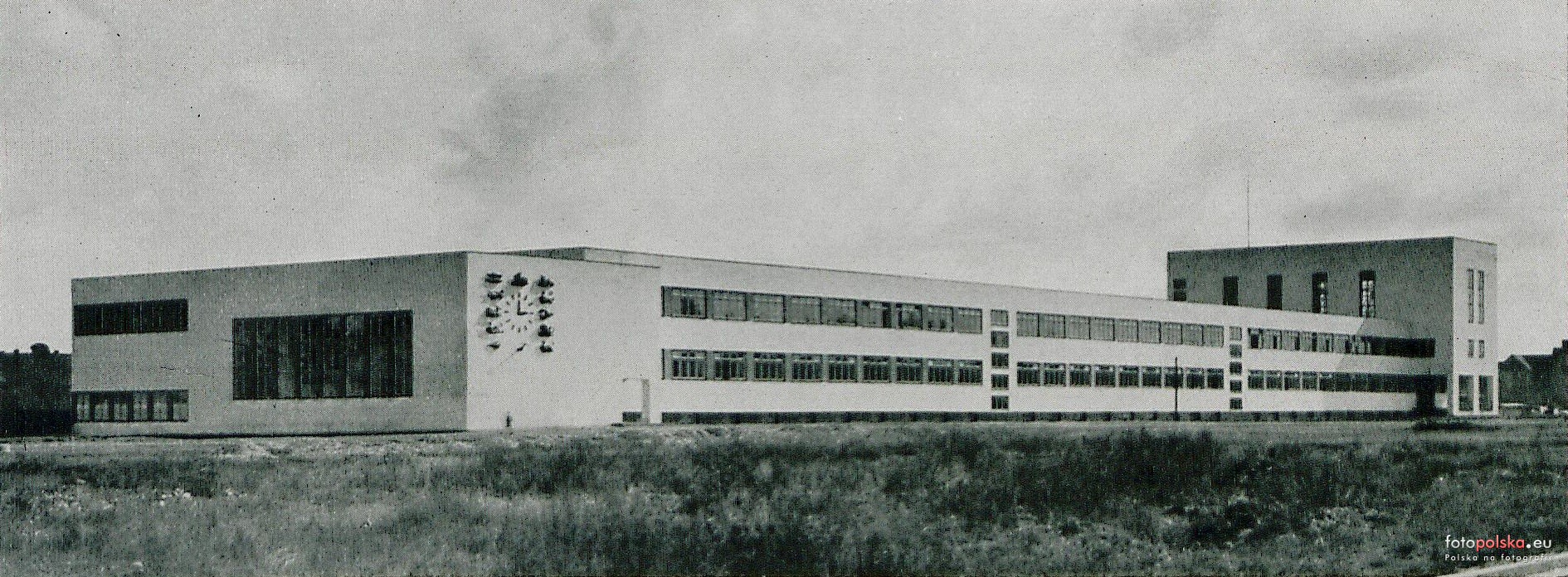
Zapraszamy do udziału w kursie:
Wydział Farmacji Uniwersytetu Medycznego w Gdańsku – Nowe koncepcje
przestrzeni naukowych – konkurs
Projektowanie fakultatywne II – seminaria i zadania: 30 godzin
Wykładowcy: dr inż. arch. Justyna Borucka, mgr inż. Tomasz Zybała
- Nauczyciel: Justyna Borucka
- Nauczyciel: TOMASZ Zybała
Course in principles of Theory of landscape design
- Nauczyciel: Paulina Duch-Żebrowska
- Nauczyciel: Aleksandra Karpińska
- Nauczyciel: Mariya-Veronika Mochulska
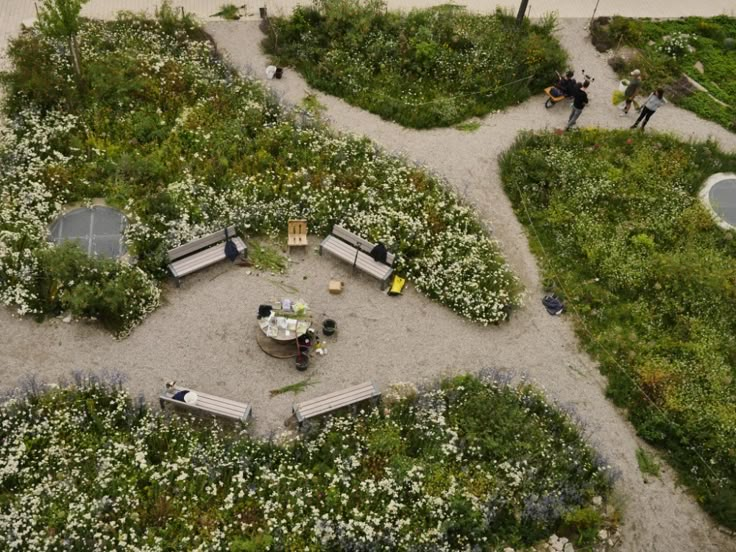
- Nauczyciel: Aleksandra Karpińska
- Nauczyciel: Mariya-Veronika Mochulska
Course in principles of Theory of landscape design
- Nauczyciel: Paulina Duch-Żebrowska
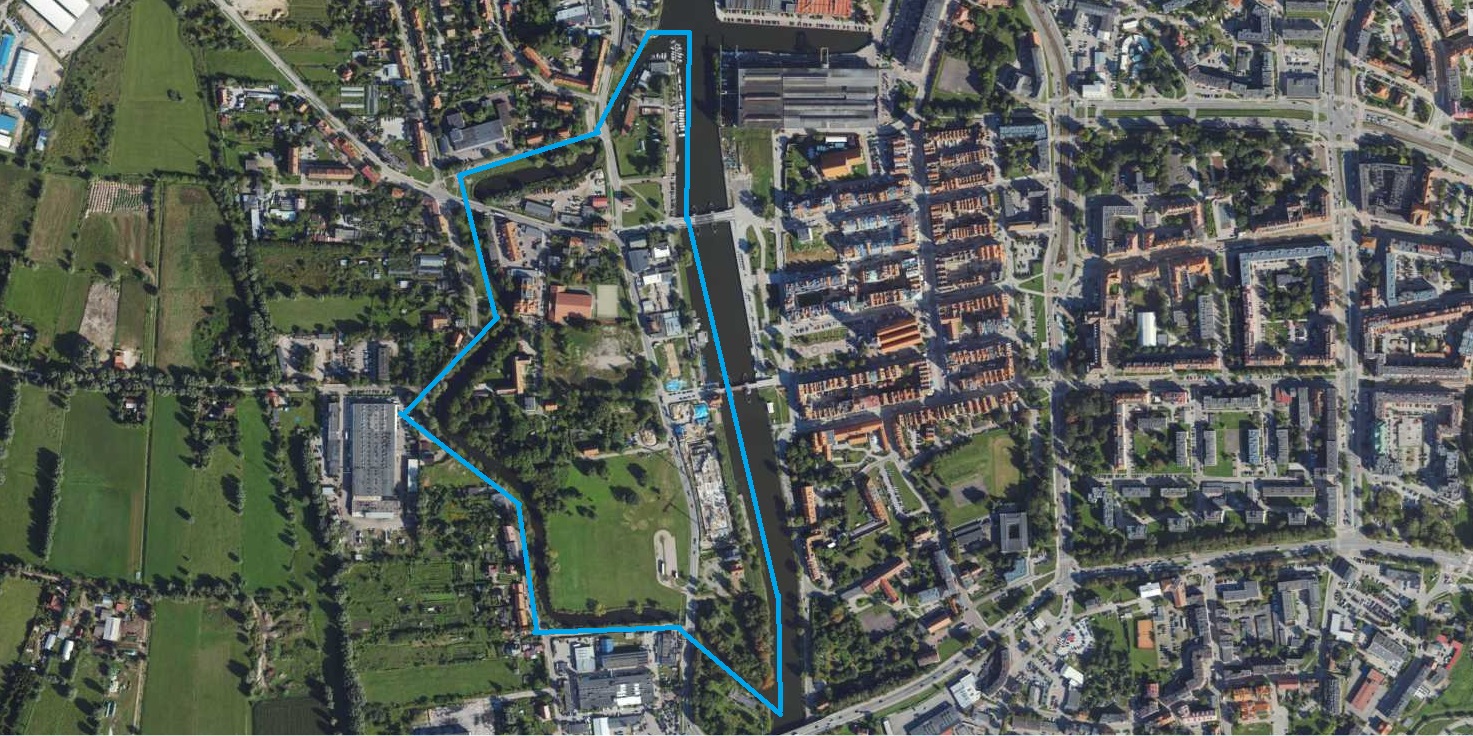
(Breś, Golędzinowska, Smolnicki)
- Nauczyciel: JUSTYNA Breś
- Nauczyciel: Anna Golędzinowska
- Nauczyciel: WERONIKA Mazurkiewicz
- Nauczyciel: PIOTR SMOLNICKI
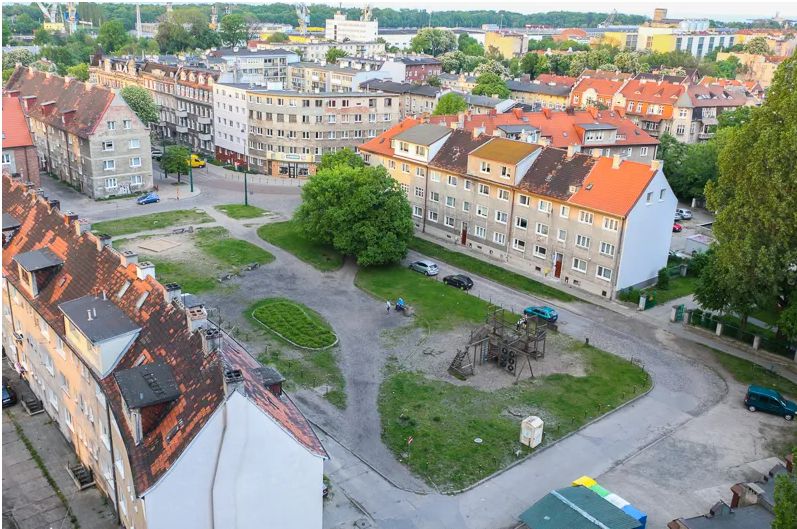
Zapraszamy na :
Projekt fakultatywny III_/ Elective design III - Seminars & assignments: 30 h
Zielona transformacja Nowe wizje dla Plac Gustkowicza / Konkurs ZDIZ
Nauczyciele / Teachers:
dr inż. arch. Justyna Borucka
dr inż. arch. Joanna Badach
we współpracy z UM Gdansk ZDIZ
- Nauczyciel: JOANNA Badach
- Nauczyciel: Justyna Borucka
SEAFRONT OASIS - Restaurant & Wellness Center in Sopot
The design task joins two approaches. On one hand, SEAFRONT OASIS offers a restaurant that attracts passersby, inviting them to experience its unique atmosphere. On the other hand, it provides tranquility and solace for those seeking relaxation and rejuvenation in the Wellness area. The facility is intended to blend the dynamic flow of pedestrians and beachgoers with the calm and relaxation desired by Wellness Center guests. This presents a design challenge for individual interpretation, exploring the relationship between the interior and its surroundings, and harmony with the landscape. The task is to create a space that uses the potential of Sopot's seaside location and curative nature of the city.
- Nauczyciel: Karolina Życzkowska
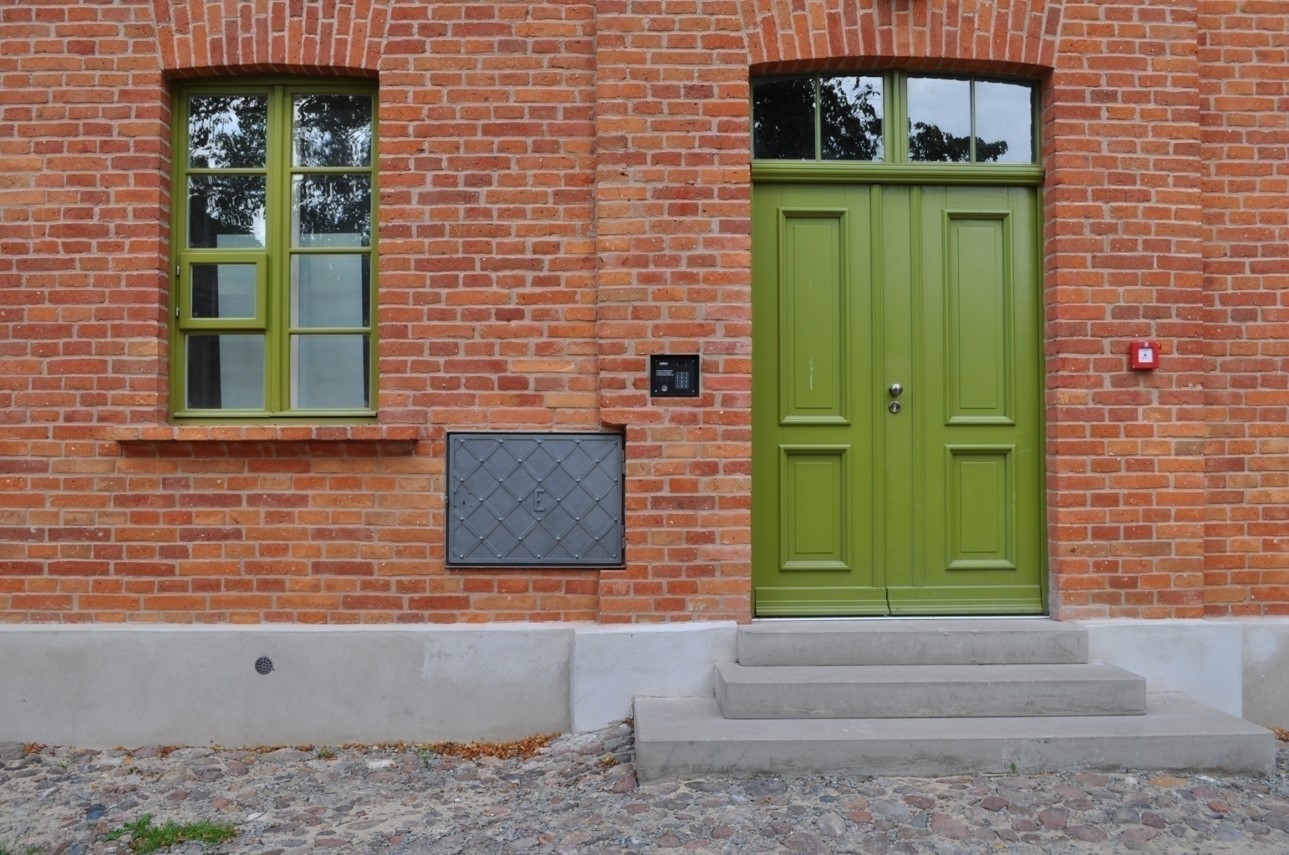
- Nauczyciel: Bartosz Baranowski
- Nauczyciel: Sara Gorczyńska
- Nauczyciel: Marta Koperska-Kośmicka
- Nauczyciel: MICHAŁ Kwasek
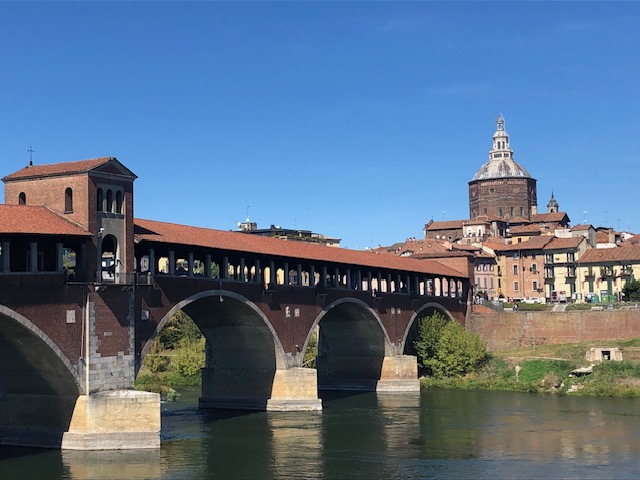
We invite for course:
BIP 2025_“SPEEDY faSt Photogrammetry and lasEr tEchniques for Digital urban surveying” - workshop
Elective design III - Seminars & assignments: 30 h
Teachers:
dr inż. arch. Justyna Borucka ( & other members DABLab GdankTech)
in collaboration with DADaLab Pavia University, Italy
(prof. F.Picchio, PhD F.Galasso, PhD S. La Placa)
- Nauczyciel: Justyna Borucka
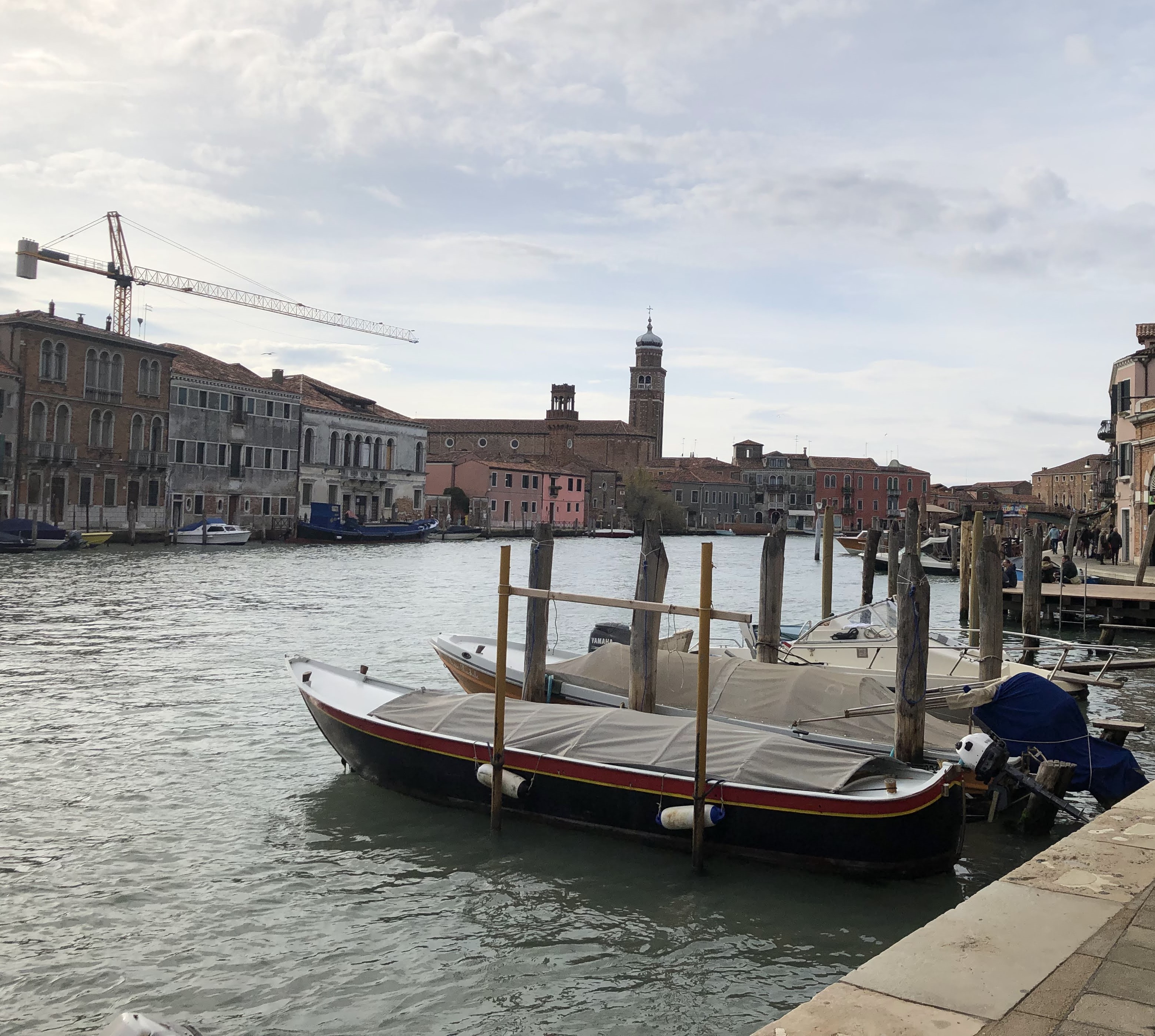
- Nauczyciel: Paulina Duch-Żebrowska
- Nauczyciel: Dorota Wojtowicz-Jankowska
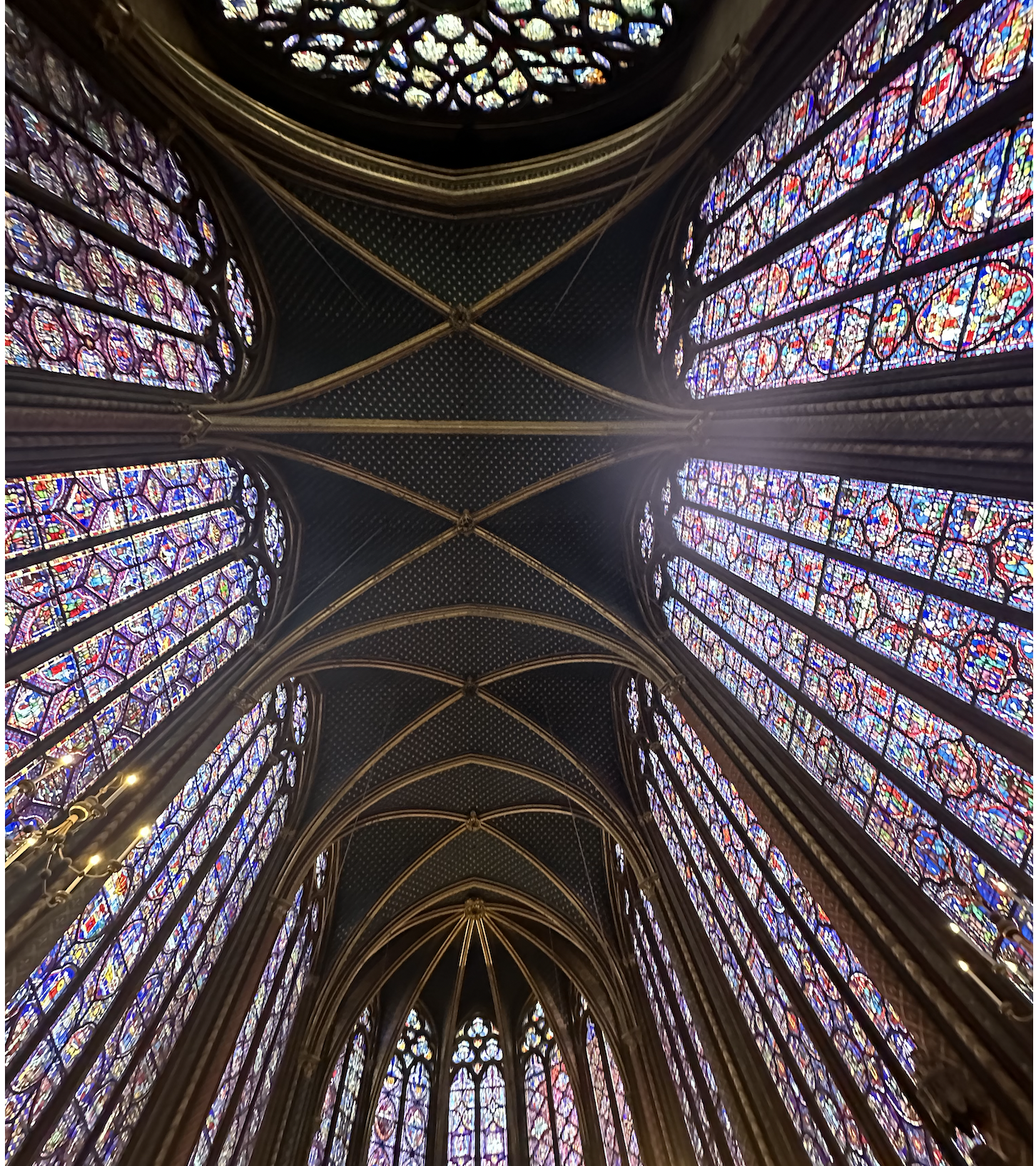
- Nauczyciel: Rafał Janowicz
- Nauczyciel: Bogumiła Kapica
- Nauczyciel: Bogusława Konarzewska
- Nauczyciel: Marta Koperska-Kośmicka
- Nauczyciel: MICHAŁ Kwasek
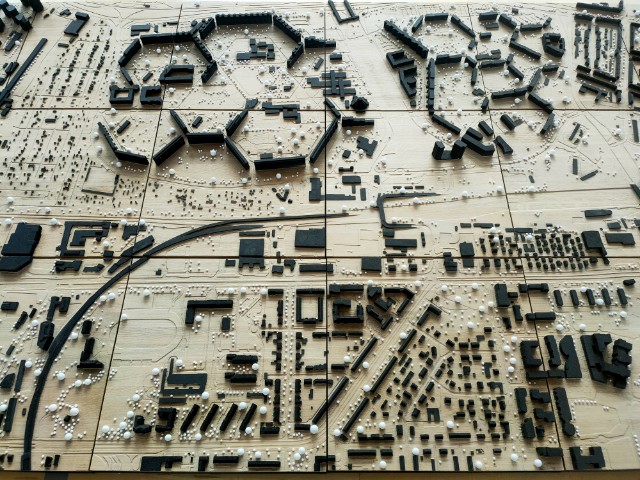
This course is about professional analyses of urbanized area. Based on an existing part of Gdansk we will learn ways and different aspects of recognizing function, development, composition and inventory. There will be also some usfull aspects of working in AutoCad environment.
- Nauczyciel: Roman Ruczyński
